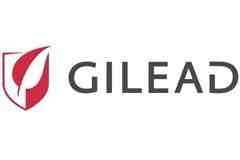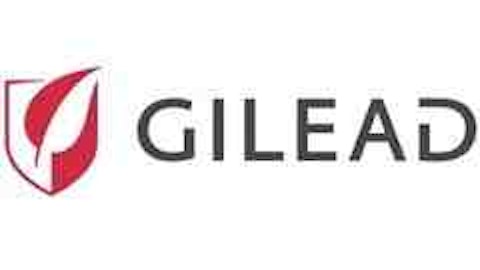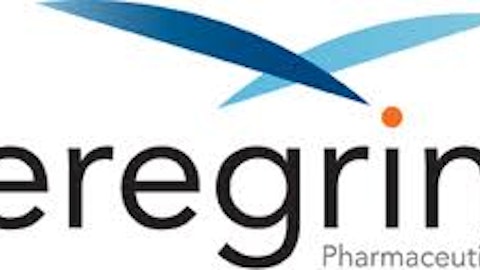Sector exchange-traded funds, or ETFs, allow nervous investors to sample from the fast-paced health care industry with lessened risk. But how do you choose the best health care ETF for your portfolio?
ETFs exist for every aspect of the health care industry including medical devices and insurance companies. But the standouts focus on either a mix of drugmakers and biotechs or an all-biotech buffet.
Here are three sector ETFs to consider.
1. A broad bundle
Vanguard Health Care ETF (NYSEARCA:VHT) tracks the MSCI US IMI Health Care 25/50. The ETF contained 293 stocks as of the last quarter. Pharmaceuticals accounted for more than 40% of the holdings, with biotech coming in second with 19.4%. That’s reflected in the five largest holdings: Johnson and Johnson, Pfizer, Merck, Gilead Sciences, Inc. (NASDAQ:GILD), and Amgen. Vanguard Health Care ETF (NYSEARCA:VHT) is up 27.74%, as of September 5 pre-market.
This ETF has a well-balanced top five. Johnson and Johnson, Pfizer, and Merck are all Dogs of the Dow , and the former two in particular have enough segments to withstand a hit here and there.
Gilead Sciences, Inc. (NASDAQ:GILD) is up more than 100% in the past year. The company stands at the forefront of the much-anticipated all-oral hepatitis C treatments and has historically led the market in HIV drugs. Amgen leads a new class of cholesterol medications that could step in where statins fail.
The ETF has an expense ratio of 0.14% and an average volume of around 170,000. Vanguard Health Care ETF (NYSEARCA:VHT) offers commission-free trading on its ETFs.
2. Large piece of biotech
SPDR S&P Biotech (ETF) (NYSEARCA:XBI) tracks the S&P Biotechnology Select Industry Index. Holdings include 56 biotech companies with Alnylam, Incyte, and NPS Pharmaceuticals at the top. The ETF is up 42.59% year-to-date.
The ETF’s top holdings represent companies still on the brink of breaking out in a big way. Alnylam’s potential lays in its RNAi therapeutics and discovery methods, which could revolutionize the biotech industry. The company has a 5×15 program, which hopes to have five drugs in clinical development before 2015. Incyte focuses on cancer and inflammation treatments, and its stock popped last month following positive mid-stage trials for metastatic pancreatic cancer. NPS had a strong launch for its short-bowel syndrome treatment and should soon submit regulatory paperwork for a hypoparathyroidism treatment.
This biotech spider has a gross expense ratio of 0.35% and an average volume of around 305,000.
3. Small piece of biotech
First Trust NYSE Arca Biotchnlgy Indx Fd (NYSEMKT:FBT) tracks the NYSE Arca Biotechnology Index and has 20 holdings. Top holdings include Incyte, Intermune, Celgene and BioMarin. The ETF is up 38.69% year-to-date.
Intermune only has three products total and one that’s selling abroad, but has yet to receive Food and Drug Administration approval. Celgene and BioMarin stand stronger with multiple approved products and populated pipelines. Celgene has a blockbuster drug in its portfolio, and BioMarin’s just around the corner from a potential FDA approval for its much-anticipated drug Vimizim.
This First Trust NYSE Arca Biotchnlgy Indx Fd (NYSEMKT:FBT) has an expense ratio of 0.61% and an average volume of around 200,000.
Foolish final thoughts
Health care ETFs will carry far more risk than an ETF tracking a broader index. The ETFs do provide an option for investors who want health care in the portfolio, but don’t have the time, energy, or funds to invest in individual industry stocks. Vanguard Health Care ETF (NYSEARCA:VHT) offers the lowest risk with the broadest holdings. But First Trust NYSE Arca Biotchnlgy Indx Fd (NYSEMKT:FBT) helps make a more daring play without losing your shirt. Ultimately, the choice comes down to what sort of player best fits into your existing portfolio.
The article 3 Lower-Risk Ways to Invest in Health Care originally appeared on Fool.com and is written by Brandy Betz.
Brandy Betz has no position in any stocks mentioned. The Motley Fool recommends Gilead Sciences (NASDAQ:GILD).
Copyright © 1995 – 2013 The Motley Fool, LLC. All rights reserved. The Motley Fool has a disclosure policy.





